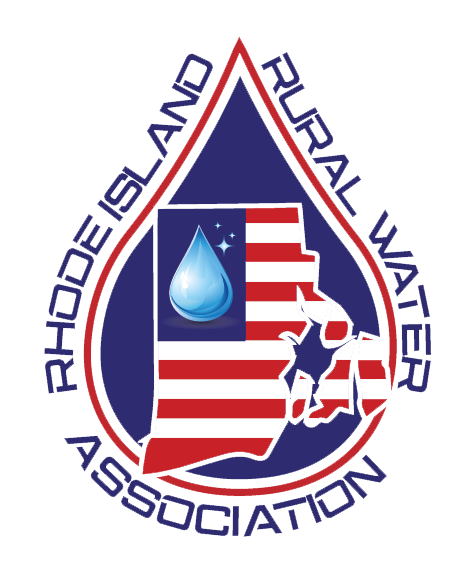EPA Training & Technical Assistance for Small & Rural WW Systems
The EPA Wastewater Training and Technical Assistance Programs is established under
the Clean Water Act (CWA). The objective of these programs are to provide training and
technical assistance (T/TA) for rural, small, and tribal publicly owned treatment works
and decentralized wastewater treatment systems. The goal of these programs are to
make these essential services available nationally, in rural and small communities and
to their system’s personnel, including tribally-owned and -operated systems. Assistance
under this program can be provided to those systems that treat up to 1 million gallons
per day (MGD) of wastewater or serve a population less than 10,000 and may also
serve operations such as, but not limited to, hospitals, schools, and restaurants.
Training and Technical Assistance for Small and Rural Wastewater Systems
- Water Quality and Compliance Program for rural, small, and tribal publicly
owned treatment works. Water Quality Action Specialists (WQAS) provide
classroom training in rural and disadvantaged communities for wastewater
personnel. System managers and operators have the opportunity to
receive formal training on topics such as effective utility management,
regulatory requirements, and financial and managerial capacity concepts
and practices. - WQAS also provide onsite training that is dedicated to being in-person at
rural, small, disadvantaged and tribal wastewater systems.
Technical Assistance for Small and Rural Decentralized
Wastewater Systems
- Decentralized Systems Program Technical Assistance focuses specifically
on decentralized wastewater treatment systems to support planning,
development, and acquisition finance. - Water Quality Action Specialists (WQAS) nationwide carry out community-
driven wastewater solutions projects, and in-person technical assistance to
small, rural, and disadvantaged communities. Rural communities who
participate in the projects have the opportunity to perform assessments
and identify local priorities and solutions, and as well as identify available
financial resources to support management of wastewater infrastructures.
